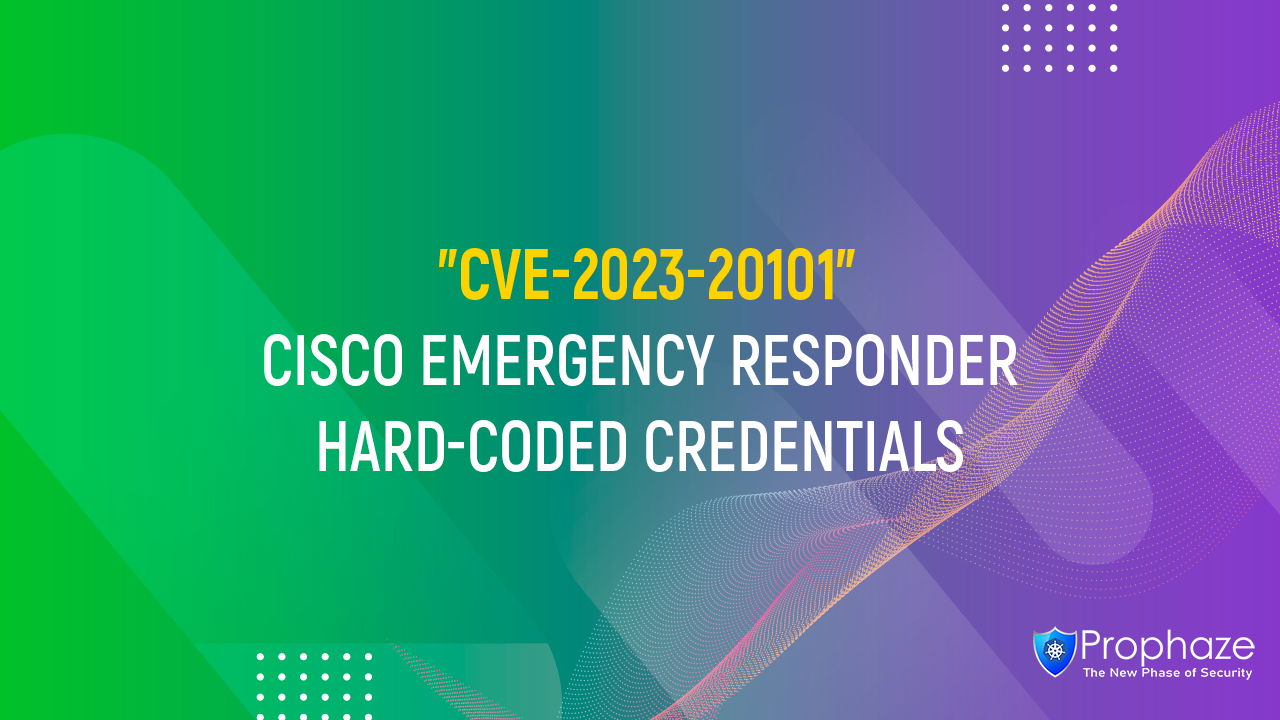Description
A vulnerability in Cisco Emergency Responder could allow an unauthenticated, remote attacker to log in to an affected device using the root account, which has default, static credentials that cannot be changed or deleted. This vulnerability is due to the presence of static user credentials for the root account that are typically reserved for use during development. An attacker could exploit this vulnerability by using the account to log in to an affected system. A successful exploit could allow the attacker to log in to the affected system and execute arbitrary commands as the root user.




